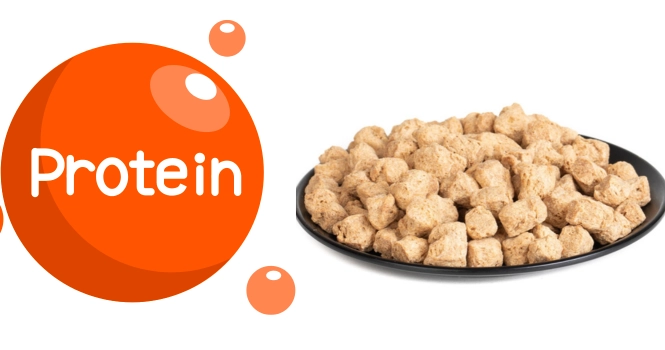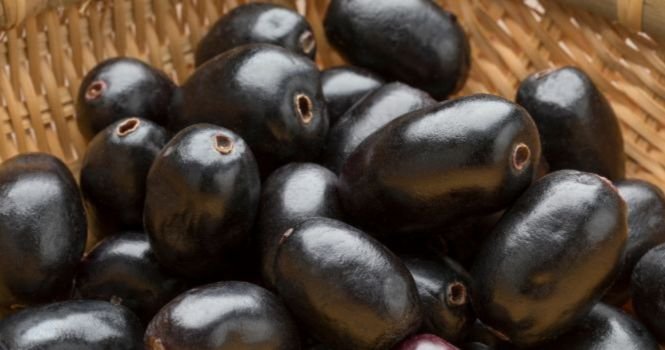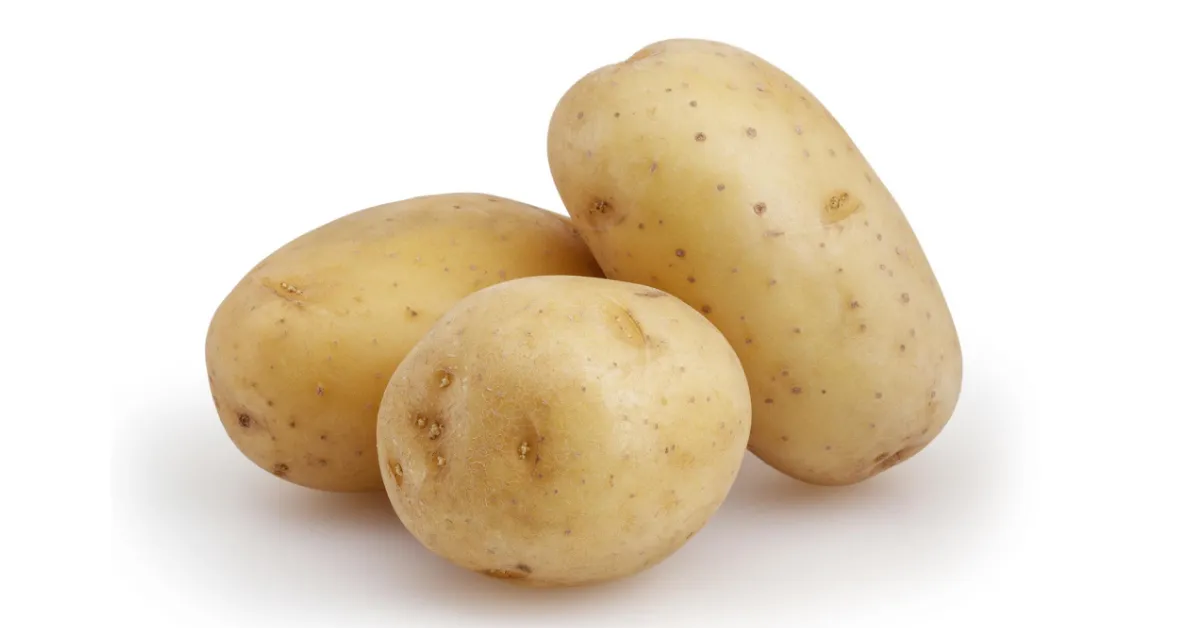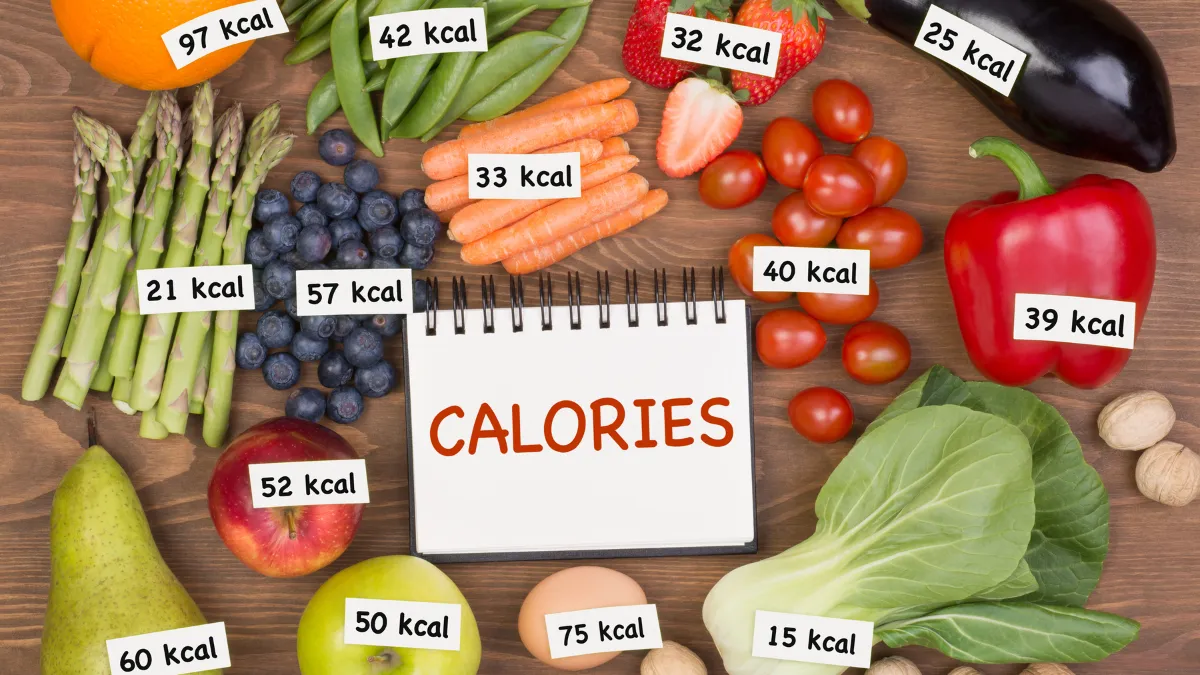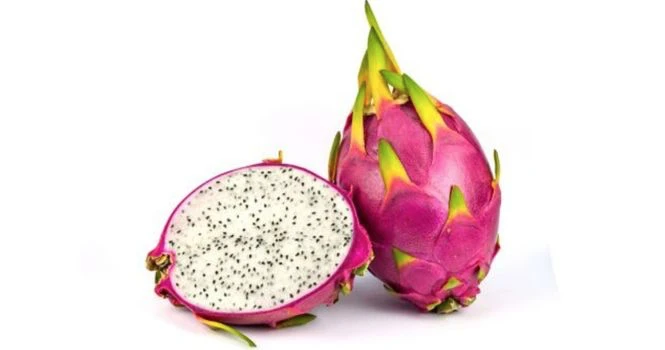Best Dry Fruits for Managing Diabetes
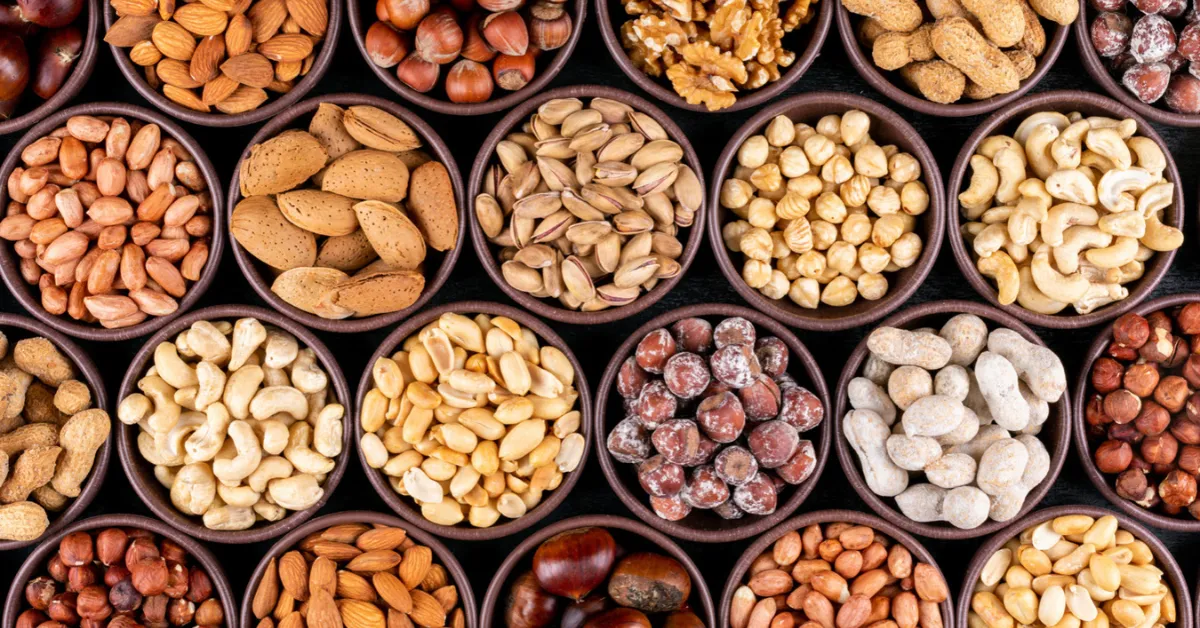
Incorporating dry fruits into a diabetic diet can be beneficial when done thoughtfully. Dry fruits offer a concentrated source of nutrients, including vitamins, minerals, fiber, and antioxidants, which are essential for overall health.
However, because drying fruit reduces its water content and concentrates its natural sugars, portion control and selection become crucial for individuals with diabetes.
Ideal Dry Fruits for Diabetes
1. Almonds:
Almonds are a great choice for people with diabetes due to their high fiber content, healthy fats, and protein. They can help manage blood sugar levels, improve insulin sensitivity, and reduce the risk of cardiovascular disease.
2. Walnuts:
Walnuts are rich in omega-3 fatty acids, which can help reduce inflammation and improve heart health. They also have a low glycemic index (GI), making them a good option for blood sugar management.
3. Pistachios:
Pistachios are not only tasty but also beneficial for blood glucose control. They are high in protein, healthy fats, and fiber, which can help slow down the absorption of sugars.
4. Apricots:
Dried apricots are a good source of fiber and are lower in sugar compared to many other dried fruits. They also provide vitamin A, vitamin E, and potassium.
5. Prunes:
Prunes, or dried plums, are known for their effect on digestion. They have a low GI and are a good source of fiber, which can help with blood sugar regulation.
Tips for Including Dry Fruits in a Diabetic Diet
- Portion Control: Due to the concentrated sugars in dry fruits, it’s important to consume them in moderation. A small handful or about 15-30 grams can be an adequate serving size.
- Check for Added Sugars: Some dry fruits come coated with additional sugars or syrups. Opt for varieties that are natural and without added sweeteners.
- Pair with Protein or Healthy Fats: Consuming dry fruits with a source of protein or healthy fats can help slow down sugar absorption and prevent spikes in blood sugar levels.
- Stay Hydrated: Dry fruits can contain high amounts of fiber, which requires adequate water intake to aid in digestion and prevent constipation.
- Glycemic Index Awareness: Choose dry fruits with a lower glycemic index to minimize blood sugar spikes.



